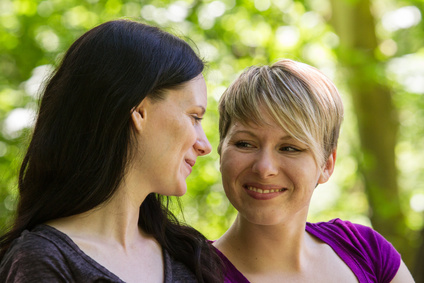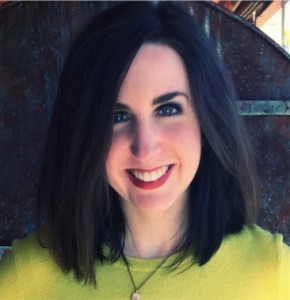- Calls to this hotline are currently being directed to Within Health or Eating Disorder Solutions
- Representatives are standing by 24/7 to help answer your questions
- All calls are confidential and HIPAA compliant
- There is no obligation or cost to call
- Eating Disorder Hope does not receive any commissions or fees dependent upon which provider you select
- Additional treatment providers are located on our directory or samhsa.gov
Benefits of Finding a Mentor in Recovery

Contributor: Courtney Howard, B.A., Executive Assistant at Eating Disorder Hope and Addiction Hope
Everyone in your life will play a different role in your recovery. Finding a mentor can be invaluable to your process, and there are various avenues you can take to find someone who will fill these shoes.
Recovery Communities
You can find a mentor through a recovery community, whether this is online, in a support group, or through other local resources.
Online recovery communities are popping up on the internet to combat the toxic thinspo, pro-ana, and pro-mia sites that often draw young people struggling with eating disorders. These recovery forums and groups offer support to connect people currently battling eating disorders and foster a sense of belonging. You can find a mentor through one of these communities.
There are also many in-person support groups nationwide, including some 12-step programs, that can provide you with a sponsor or other mentor to guide you on your path toward recovery. These are more formal mentorships that can hold you accountable in your recovery.
Finding a mentor in treatment
If you are in an eating disorder treatment program, you will likely connect with some of the clients more than with others. The reality is that some of these individuals might help you in your recovery even more than staff. These bonds can take the form of mentorship when one person is further along in recovery, and you can go to this person for support and guidance.

A mentor can also be your therapist or nutritionist in treatment, especially since many treatment centers hire those who have struggled with eating disorders in the past but are now recovered.
Why do I need a mentor?
A mentor is not necessary for full recovery, but it can certainly serve as motivation when you look up to someone who is further along in the process or is fully recovered. This can give you the hope you need to get through the daily battle during your early stages of the recovery process.
Community Discussion – Share your thoughts here!
How has a mentor been able to help you throughout your recovery journey?

The opinions and views of our guest contributors are shared to provide a broad perspective of eating disorders. These are not necessarily the views of Eating Disorder Hope, but an effort to offer discussion of various issues by different concerned individuals.
We at Eating Disorder Hope understand that eating disorders result from a combination of environmental and genetic factors. If you or a loved one are suffering from an eating disorder, please know that there is hope for you, and seek immediate professional help.
Last Updated & Reviewed By: Jacquelyn Ekern, MS, LPC on May 10, 2016
Published on EatingDisorderHope.com
